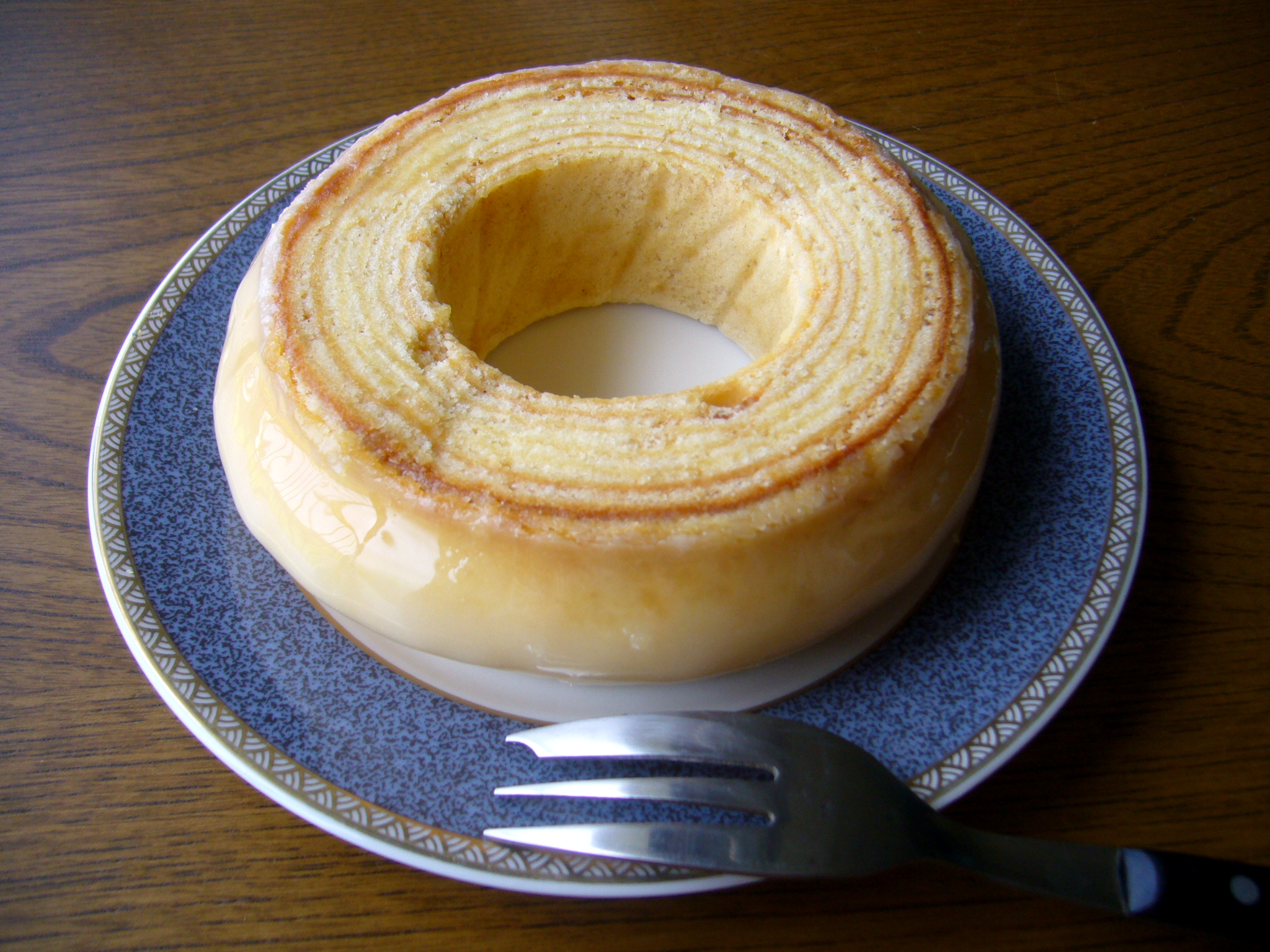Tiffany RanHenry Ku once owned the Taiwanese restaurant 168 in Kent’s Great Wall Mall and the Rocking Wok in Wallingford, but his current Taiwanese mainstays, the two Henry’s Taiwan restaurants – one in Bellevue, and one in the International District – and the new Henry’s Taiwan Plus has put Taiwanese food on the map in Seattle. However, Ku is not stopping there. This Seattle restaurateur plans to open a restaurant that incorporates the wine dinners that he’s testing out at the Henry’s Taiwan Plus space. His traditional Taiwanese dishes are born from his knowledge of French techniques; the menu at Henry’s Taiwan Plus is evolving to reflect this fact. And if that’s not a curveball in and of itself, consider that Ku’s progress from dishwasher to restaurant owner began with a thousand orders of hamburgers on a busy Friday night. SW: How did you start working in restaurants? Ku: I’ve worked in restaurants since I came to the States in 1981. I started as a dishwasher at a western style restaurant in Berkeley having never worked at a Chinese one. This restaurant, called Oscar’s, was a hamburger joint on Shattuck [Avenue]. That area is all UC Berkeley students, and their hamburgers were all grilled over a charcoal fire, grilled to order. Back then, the McDonald’s only opened until 10 p.m. and the 7-11 opened until 11 p.m. Our restaurant opened until 12 midnight, the only late restaurant. After a year, I became a manager. I had a real unique experience where in my second year there, my boss helped me buy a house. Uh, wait. Your boss did what? In 1982 in America, houses were hard to afford – 18 percent interest – nobody could afford to afford it and nobody could qualify. My work ethic was different and I helped my boss make a lot of money, so he helped pay the down payment.Berkeley used to have concerts every Friday and Saturday nights. Crowds would get out at 11 p.m. So our restaurant would be busy after 11 to 12 midnight. The lines would go way back. There’d be a thousand people there, and what do I do? Normally, others would lock the doors at midnight, and many people would not get their food, because the staff would not want to stay late. Everybody would leave, but not me. I stayed to the last customer. Normally, when I get home, it’d be 4 o’ clock in the morning. My boss would try to open the restaurant the next morning and the problem would be that I sold out of everything and emptied the restaurant. My boss thought it was incredible. So one day, he parked the car across the street to see what I did. 2 o’ clock in the morning, I was still there working by myself. The line was still long, and I just waited until the last customer finished. I didn’t want the people to be upset. I had to do it on my own, and there were so many people. I could at one time remember 20 people’s orders. When you’re by yourself, you’re not able to write down orders, so I had to remember it. So when I wanted to buy the house, he asked me to show him the house. He asked me why I didn’t buy it, and I told him that I didn’t have enough money. The next day, he gave me money for the down payment. As a restaurant owner and employer, do you see yourself being that generous?You have to do things well, a good work ethic, so that people will be willing to do things for you. I don’t see people who work that way anymore, the way I did back then. If someone could do that for me, I would do the same. If someone helped me make all that money, why not? If you help me make that money, you are part of me. But now, people only think, “Oh, it’s time. I am going home.” A lot of people are shortsighted. They don’t see far enough. That is what I try to teach my son. If you pay first, without asking what you’re going to get out of it, you’ll get everything, but if you’re always asking for your benefit, you’ll have no benefits.So being that you started with hamburgers, how did you create the recipes or learn to make Taiwanese dishes? I never learned Taiwanese food before. After the hamburger restaurant, I worked side by side with a two star Michelin chef. He cooked French food. All my ideas are created from French food. We’re a Chinese restaurant without woks, completely different from the rest. Chefs from Chinese restaurants like to eat at my restaurant and then visit the kitchen. When they enter the kitchen, they’re dumbfounded, like, “What? Where is your wok?” and I reply, “A wok for what?” Then they say, “How do you cook?” and I reply that I just use the flat bottom pans. I have this talent where I don’t forget the flavors of the foods I’ve eaten. Before I started cooking, I didn’t know I had this kind of sense. When I started making Taiwanese food, I just kept trying until I found a taste that seems almost the same. Taiwanese food has a problem in that every family has their own recipes. So every single dish has its own family recipe that people won’t share with anybody. I made all kinds of street food by following my memories. I’ve been here for almost 30 years and I never go back to Taiwan, so I don’t know what things taste like now . My memories are my childhood memories. So the dishes I make are of the flavors from my childhood; It’s old fashioned. A lot of old ladies come and eat my food and say, “Oh, it’s fragrant! Like the food we had in our childhood!” The food at [Henry’s Taiwan Plus] is where my style begins to emerge. The original store is more traditionally Taiwanese. Here, there are lamb chops, and some beef. I’m slowly starting to transition to become like California cuisine.Does this have to do with the wine dinners you’ve been organizing?When I was in San Francisco, I started working with California cuisine at a restaurant called Eugene’s. I learned a lot there. Every week, we had wine tastings with wines California and French wineries. I’m starting to do that again because I want everyone to know that Chinese food and wine can also go well together. We’re currently looking for a new location for a restaurant. I’m trying to find a space where we can do more wine tastings, where I can seat about 100 people. Actually, much of what I make is already a meld of Chinese and French. Most of the dishes I introduced [at Henry’s Taiwan Plus] are the Chinese dishes that were born out of my knowledge of French techniques. I’ve already started wine tastings here [at Henry’s Taiwan Plus], and I’ll be making arrangements with wineries to do more wine tastings. Once mature, I’ll create a list of pre-fixe menus adapted to the different kinds of wine featured each week. This will be something where I can sell tickets or make seats available online. I am hoping that someday, I will have a restaurant where seats will all be sold by online reservations. Do you worry about being confusing in mixing these different styles?With food and pairings, there is never a must-be-this-way attitude. It comes from the heart, and is based on where your mood takes you. It’s not produced from a set mold. A chef is someone that can make something new any time. With many dishes, they don’t always pop out of the same mold. People trained to produce food in that way will always just be a cook. They’ll always be like a caricaturist, not an artist. Caricaturists will draw things to take after one’s likeness, but there won’t be any soul. A dish’s full identity has three stages. Even before you see the dish, you smell it. You smell it as it makes its way to a neighboring table and it entices you. When that dish makes it onto your table, then it’s visual. You say, “Wow, look at the colors, it’s so pretty.” Then, when you finally put the food in your mouth, you’ll think, “My god. I’ll never forget it.” This is what I call a truly good dish. One dish should be able provide these three steps for the customers. But do most restaurants provide these experiences? How many of such experiences can you get in Chinatown? Almost zero. You know why the restaurants in Chinatown don’t do well? They have a major problem; It’s the chef. There are no chefs in Chinatown, they’re all cooks. They know how to prepare food but they don’t know how to create food. We don’t have recipes here. I tell my chefs to cook with intuition, and follow their mood. So each time you try the food, it might be a little different. And when customers rate it, it’s a personal thing. Sometimes people get it, sometimes people don’t. Mostly people don’t get it. People mostly understand fanfare, but there’s less knowledge on how to really eat. Customers need to be cultivated, to understand that admiring and appreciating the food is a different experience. If you’re just eating to fill your stomach, you might as well just eat at McDonald’s. You already have three restaurants under your belt and you’re looking to open another. Do you think after your fourth that you would consider opening more? I’ll keep going. I want to make Taiwanese food be commonplace make Taiwanese food be in the majority and mainstream. Look at the fried pork chop rice that we have in Taiwan. They sell those in every alley; it is commonplace just like McDonald’s is here. If you can have that be that popular there, why not here? Panda Express makes such horrible food, and they can open over 90 restaurants! Such horrible chow mien can lead to over 90 restaurants, then why not the same with our delicious food? The idea really is about, how will you allow people to accept your food? A lot of places, it’s not about how great the food is, but the brand. I think what we need most is something unique, and we should be walking down this path.
More Stories From This Author
For 50 years, Zeke’s off US 2 has served delicious burgers
It’s been a popular pit stop in Gold Bar for skiers and hikers, and the same family still runs it.
With ‘Game of Thrones’ ending, it’s time for a proper feast
How to make a meal inspired by the Lannisters’ and Starks’ world, fit for the King in the North.
Stash Box: 2016-2019
Time to roll one for the road …







